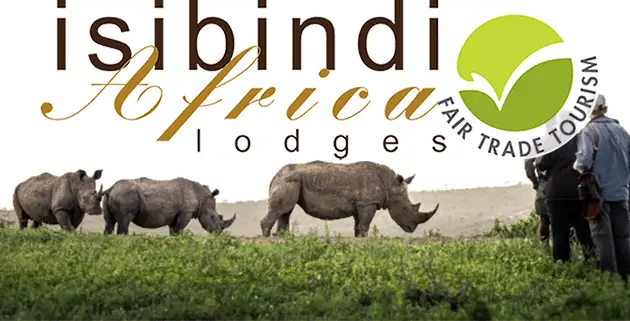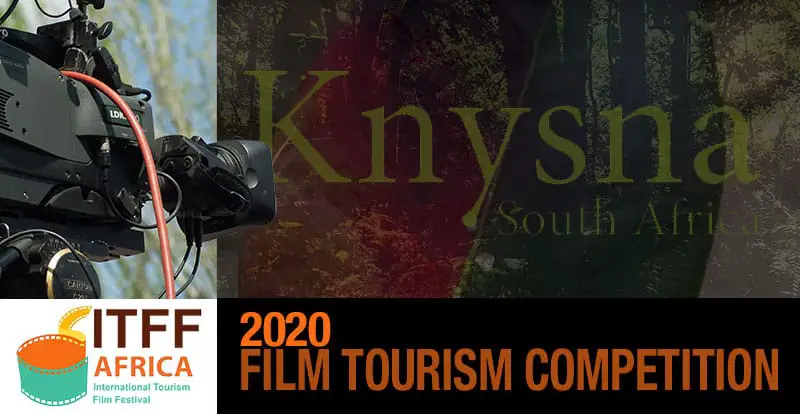Wilderness Safaris Launches Pelo Camp in Moremi’s Jao Concession
 Wilderness Safaris is delighted to announce the opening of Pelo Camp in a remote part of the Jao Concession on the western boundary of the Moremi Game Reserve in the north-western Okavango Delta, Botswana.
Wilderness Safaris is delighted to announce the opening of Pelo Camp in a remote part of the Jao Concession on the western boundary of the Moremi Game Reserve in the north-western Okavango Delta, Botswana.
Committed to Wilderness Safaris’ 4Cs philosophy (Commerce, Conservation, Community and Culture), Pelo Camp is completely eco-friendly with no permanent structures and is ideal for the adventurous traveller wanting a traditional Delta experience.
The main area comprises a tented dining area and lounge situated under impressive wild date palms, jackalberry and Natal mahogany trees. There is also an outdoor boma area and a raised platform built on an old termite mound. Small and intimate, the five spacious guest tents have en-suite bathrooms and a covered front veranda. A canvas curtain separates the sleeping area from the bathroom which has a flush toilet, as well as running water in the basin. Each tent has an outdoor bucket shower with wonderful views over the lagoon.
Given the camp’s situation on a small heart shaped island (Pelo aptly means ‘heart’ in Setswana) surrounded by permanent water, activities focus on mokoro (traditional dug-out canoe) excursions in the open, shallow floodplains as well as boating and walking. No game drives take place at Pelo, with the emphasis being on getting away from vehicles and the hustle of the modern world. Fishing is also offered seasonally on a catch-and-release basis.
Pelo Camp is set in one of the best areas to see elusive and superbly water-adapted sitatunga antelope as well as red lechwe, hippo and crocodile. Dependent on water levels and time of year, lechwe, tsessebe, elephant, wildebeest and impala are prevalent, with lion, buffalo and leopard seen occasionally. Wildlife concentrations within this part of the Okavango Delta depend on the water flow and volume and thus change from season to season.
Birdlife is abundant; with reliable viewing of spectacular Okavango ‘specials’ like Pel’s fishing-owl as well as African and lesser jacanas, slaty egret, African pygmy-goose and western banded snake-eagle. The specialised African skimmer (from which Wilderness Safaris takes its logo) may be seen on the larger lagoons and channels.
Jao Concession holder, David Kays, is a member of the Tubu Joint Management Committee, which he was involved in launching together with the University of Botswana under the auspices of the Biokavango Project. The aim of this committee is to reduce conflict between the community and the Jao Concession – specifically with regard to curbing poaching and over-fishing – and they hope to assist the community with developing tourism ventures in their area.
Click here for a sneak preview of images on the We Are Wilderness blog.




